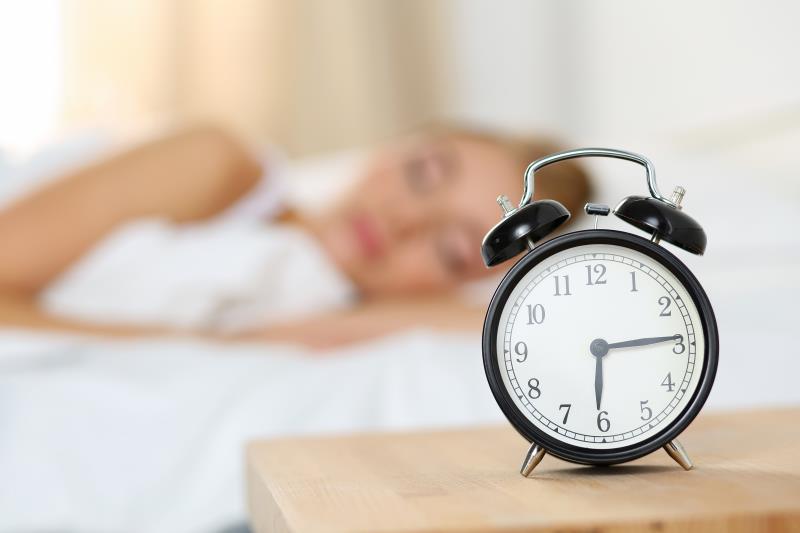
Getting just under one extra hour of sleep per night can go a long way for the health of college students, who are often sleep-deprived, a study suggests.
“A relatively minor commitment to get a little more sleep can make a real impact on improving your health,” said principal investigator Dr Anne-Marie Chang from The Pennsylvania State University, University Park, Pennsylvania, US.
“Our participants were young and healthy and still saw significant, clinically relevant improvements. That, to me, really highlighted the fact that longer sleep, especially if you’re not getting enough, can lead to physiological changes,” she added.
Participants in the study were 53 healthy undergraduate students (mean age 20.5 years, 70 percent female). They were instructed to follow their habitual sleep pattern during week 1 and then extend their sleep duration by ≥1 hour per night during week 2. [Sleep Health 2019;doi:10.1016/j.sleh.2019.10.003]
By the end of week 2, the participants had increased their sleep duration by an average of 43 minutes per night (p<0.001) compared with week 1, as measured using wrist actigraphy. More than three-quarters of the students (77 percent) managed to extend their sleep duration by >15 minutes per night while 66 percent were able to sleep for >30 minutes longer per night.
The researchers found that not only was getting more sleep an attainable feat for most college students, it came with significant health benefits for them.
During week 2, systolic blood pressure (BP) was decreased by an average of 7.0 mm Hg (p<0.05) compared with week 1, after controlling for age and sex. Further adjustment for BMI yields similar reduction of 7 mm Hg (p<0.01) in systolic BP compared with week 1.
“We were really blown away by the BP results,” said Chang. “Not only were the results statistically significant but they were also clinically relevant. Seven points is a large change in systolic BP.”
There were no significant changes in diastolic BP (p=0.31) or resting heart rate (p=0.35).
In addition, the students reported significantly less daytime sleepiness during week 2 than week 1, both in weekly measure on the Epworth Sleepiness Scale (ESS; mean change, -1.8; p<0.05) and in daily measure based on daily log ratings (mean change, -0.31; p<0.001).
Specifically, the ESS data revealed that while 40 percent of the participants experienced excessive daytime sleepiness during week 1, more than half of them (52 percent) shifted to the nonexcessive daytime sleepiness category (ESS score <10) at week 2.
Also, correlation analysis indicated a marginal positive association between the magnitude of sleep extension and improvement in daytime sleepiness (p=0.058).
As data on other potential factors for influencing sleep behaviour such as sociodemographic characteristics, workload, and personality traits were not available, the researchers suggested that including potential psychological (such as stress) and behavioural (for instance, exercise) mediators may help understand how sleep extension can benefit cardiovascular health in college students.
“Not getting enough sleep is a real problem for students … and I think we've shown that given the opportunity, education and encouragement, college students can change the way they prioritize sleep,” said Chang.
“I think this can have a wider scope beyond the people who participated in the study. Hopefully other people will see that sleep can have a real effect on their health, it’s something they can do,” she added.